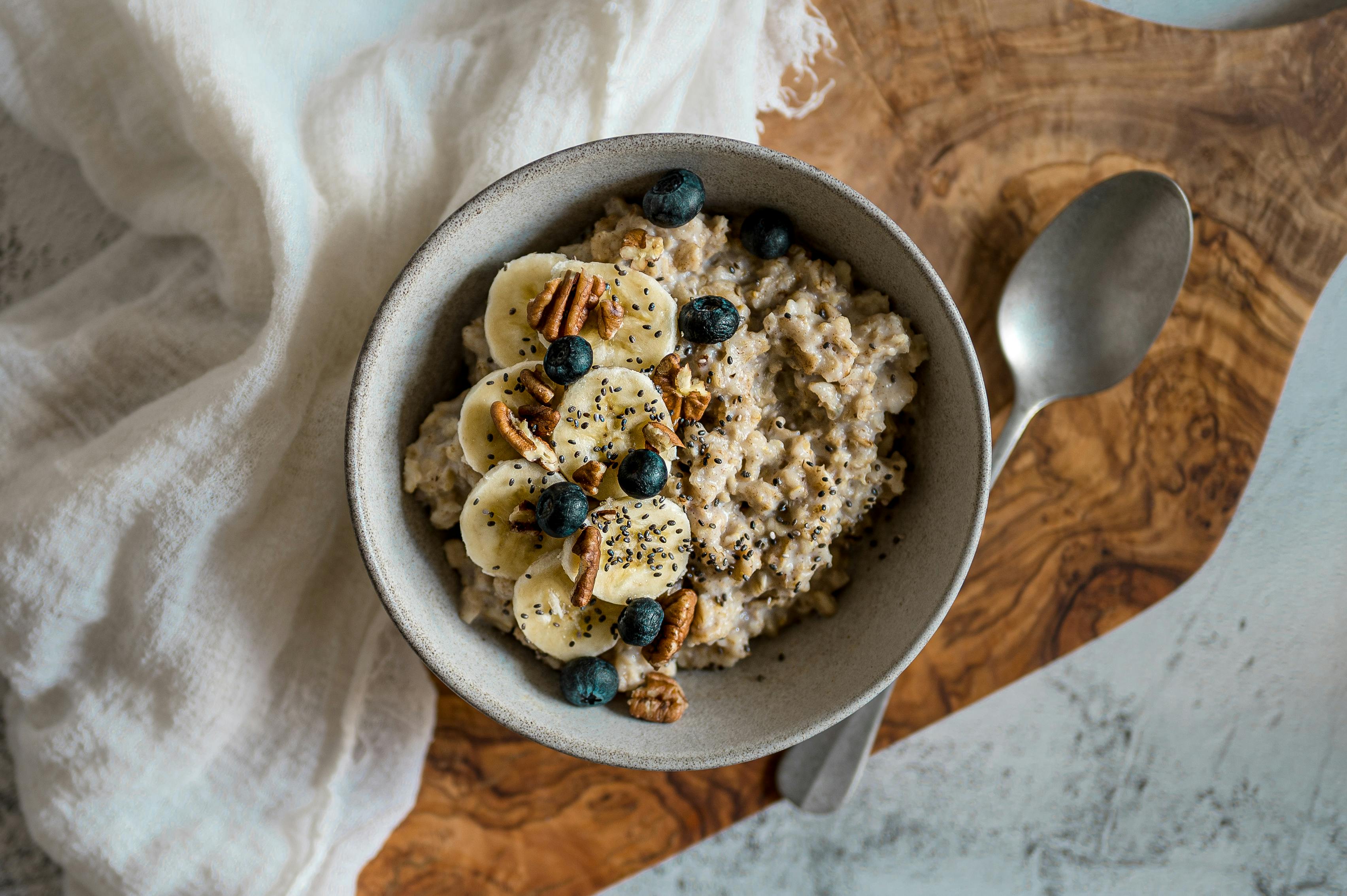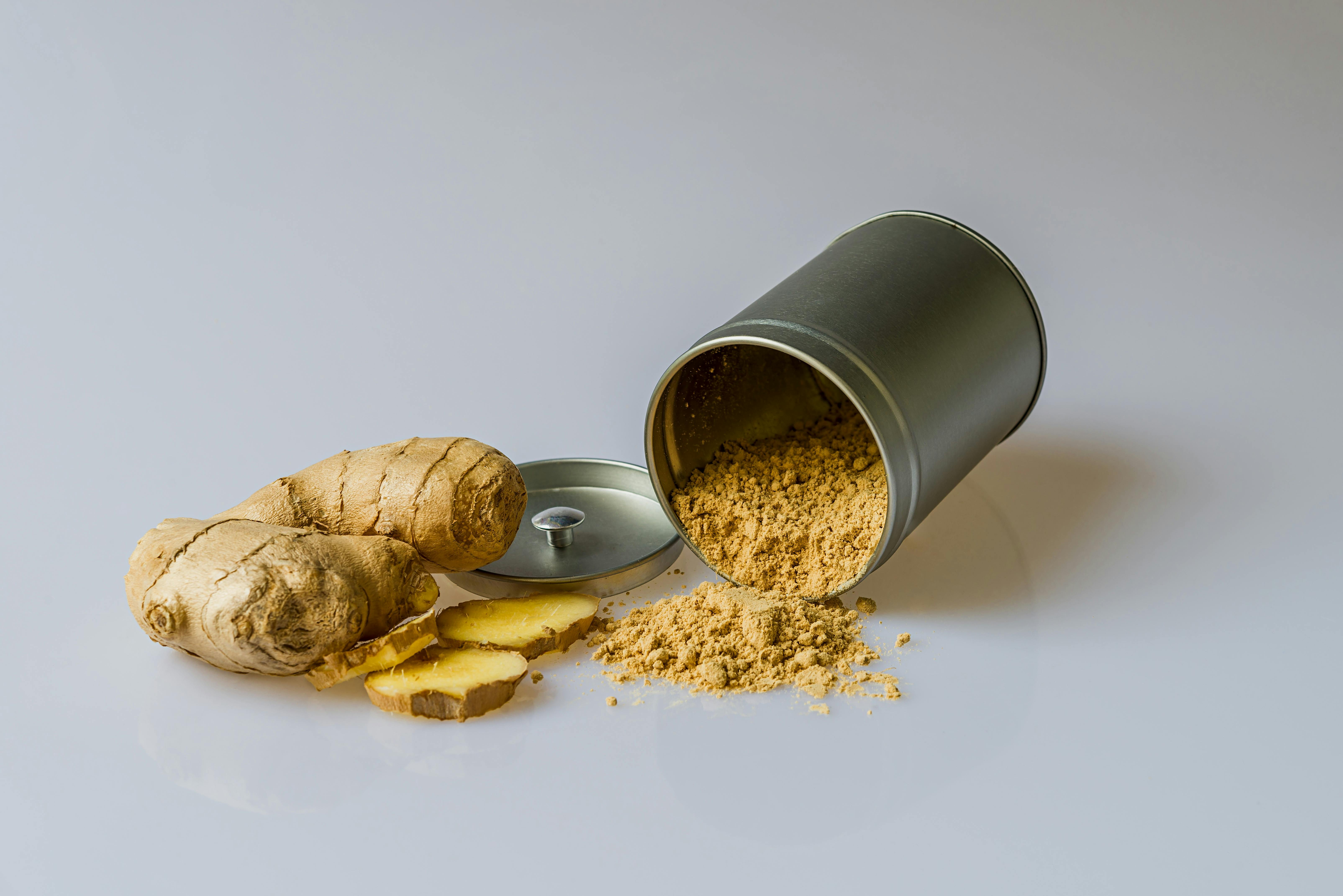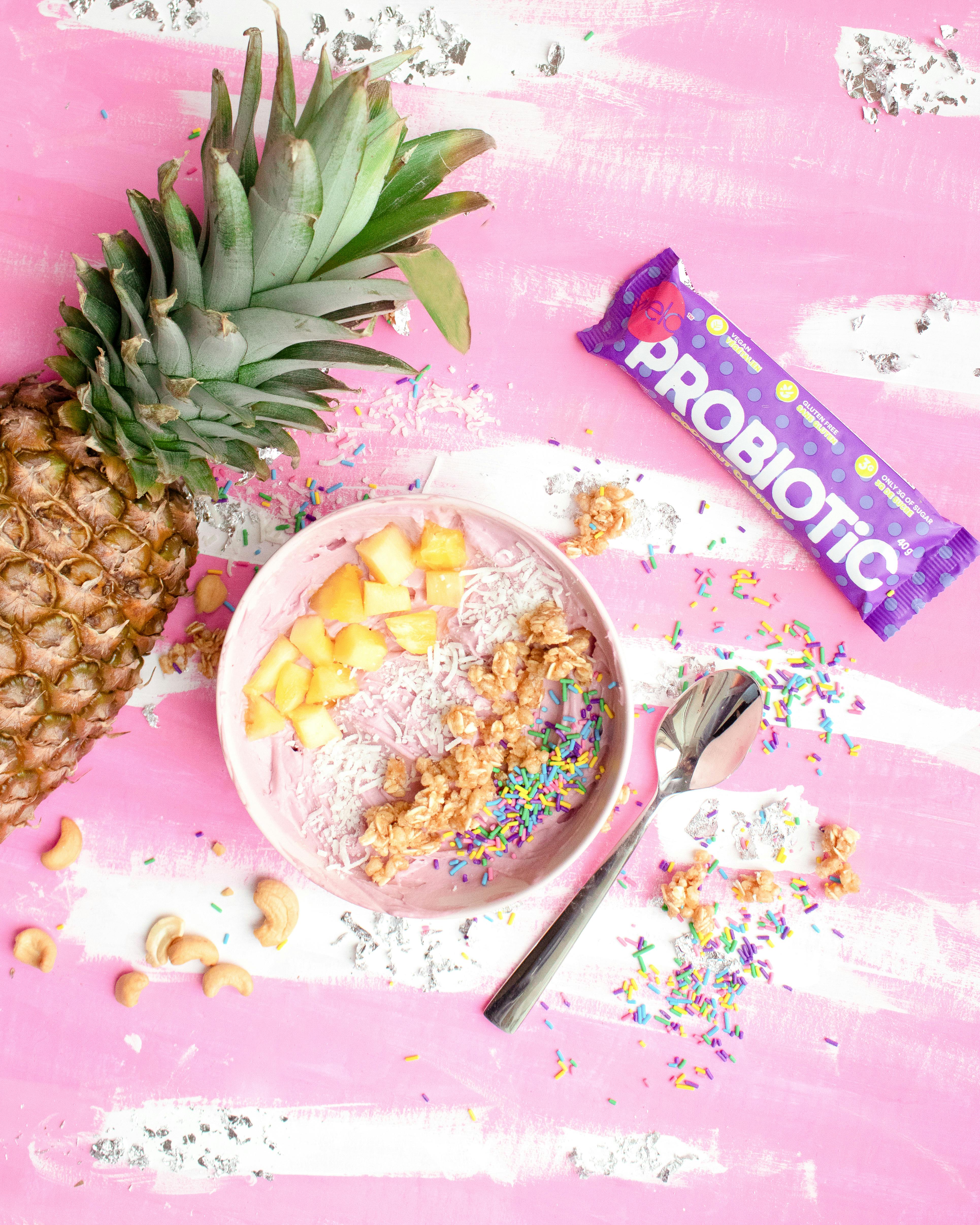13 Natural & Powerful Alternatives to Omeprazole for Stubborn Acid Reflux
If you’re living with stubborn acid reflux, you’ve probably found yourself searching for relief that lasts. Medications like omeprazole are often a first stop, but what happens when you’re longing for gentle approaches that support well-being? Many people worry about the long-term impact of relying on medications for daily comfort, and that’s a valid concern—especially as more research highlights potential nutrient deficiencies and bone weakness from prolonged PPI use. But there’s encouraging news: Beyond prescriptions, a world of natural, research-backed options await. This article is your compassionate guide to 13 proven, practical alternatives for soothing reflux and supporting your gut health. Whether you’re hoping to complement your doctor’s advice or ready to make gradual lifestyle shifts, every tip you find here honors your unique journey. These strategies are built for real life—with space for progress and setbacks—and always center on feeling better, not perfect. Let’s explore gentle, effective ways to nurture your digestive health, one supportive step at a time.
1. Embracing Gentle Eating Habits

One of the most caring changes you can make for stubborn acid reflux happens at the table. Smaller, more frequent meals put less pressure on the valve between your esophagus and stomach, giving your body a gentler way to process food. If large portions are your norm, start by shaving just a bit off each plate—progress, not perfection, matters. Many find that eating slowly, savoring each bite, makes meals more satisfying and less likely to spark symptoms. Avoiding heavy, late-night dinners can make a noticeable difference, as lying down soon after eating can allow acid to creep up. Try to finish your main meal at least two to three hours before heading to bed. Remember, each mindful step—whether that’s an extra forkful left behind or skipping a second helping—is a small win for your body. The focus isn’t restriction but gentle support, making your digestive system’s job a little easier with every meal you enjoy.
2. Elevating Sleep with Smart Positioning

It’s no secret that nighttime can be rough for reflux. Gravity isn’t on your side when you’re lying flat, so elevating the head of your bed or using a supportive wedge pillow can work wonders. Healthcare providers often recommend propping up the top six to eight inches of your sleeping surface; even a few inches helps prevent stomach acid from flowing toward your esophagus. Many people find relief by sleeping on their left side, a position that may keep acid farther from your throat. If investing in a fancy mattress setup isn’t an option, experiment with extra pillows you already have to create a gentle incline. The key is consistency—small changes in your nightly routine often bring the greatest comfort over time. As you adjust, pay attention to how your body responds, and remember that sleep quality matters as much as symptom relief. Every restful night is a step toward balance and recovery.
3. Choosing Reflux-Friendly Foods

What’s on your plate can have a big impact on how you feel. Options like oatmeal, bananas, leafy greens, and melons are not just gentle on your stomach—they’re crowd favorites for soothing acid reflux. These foods naturally buffer stomach acid and often bring a sense of lasting fullness without heaviness. Experiment with creative oatmeal bowls or snack on sliced melon for breakfast and see how your symptoms respond. For some, roasted root vegetables or steamed greens make excellent, satisfying dinners. Avoiding spicy, high-fat, or fried foods keeps things easier on your digestive tract and may reduce surprise flare-ups. Remember, it’s less about rigid rules and more about discovering what brings you comfort. Keeping a little food journal helps connect the dots between meals and symptoms, empowering you to make choices that fit your rhythm. Every nourishing bite is a caring act toward your health.
4. Harnessing the Power of Ginger

Ginger has been a trusted companion in digestive health for generations. Its anti-inflammatory compounds soothe the lining of the stomach and promote smoother digestion, making it a smart natural tool for managing reflux. Whether you stir freshly grated ginger into a mug of hot water, sip ginger tea, or add a sprinkle to your favorite meals, you’re inviting gentle relief into your day. Some people find ginger capsules convenient, but starting with food and drinks is a safe way to see how your body responds. The key is moderation—a little usually goes a long way. If you have concerns about interactions with other medications or health issues, check in with your healthcare provider. Adding a little warmth and zing to meals doesn’t just wake up your taste buds; it can bring real comfort where you need it most.
5. The Comfort of Golden Milk & Turmeric

Turmeric’s gentle, golden color is more than just beautiful. It’s packed with curcumin, an active compound known for its anti-inflammatory potential. Blending turmeric into a warm, soothing drink—often called “golden milk”—is a popular ritual for those seeking calm for their digestive tract. You can make this at home with non-dairy milk, turmeric, a pinch of black pepper (to boost absorption), and a touch of honey if you like. While it’s tempting to view turmeric as a “magic bullet,” it works best as part of a broader approach to wellness. Some people take supplements, but starting with whole foods is a safer, more mindful first step. Always talk to your healthcare provider if you’re on blood thinners or managing complex conditions, as turmeric may interact with some medications. Embrace the ritual, knowing every sip supports your commitment to gentle self-care.
6. Avoiding Tight Clothing After Meals

Sometimes, comfort is more than skin deep—it’s about how your clothes support your health. Tight waistbands and snug outfits can gently press on your stomach, making reflux more likely right after a meal. Reach for soft, stretchy clothing when you know you’ll be relaxing or heading to bed after eating. If you feel relief when you change into looser pants or lounge attire, your body’s telling you something important. Gentle adjustments—like saving form-fitting clothes for times when your stomach is empty—can make a real difference. There’s no need to overhaul your wardrobe, just listen to your comfort cues. This tweak honors both your style and your well-being, letting you feel at ease in every sense.
7. Chewing Slowly and Mindfully

Slowing down at mealtimes can be a game-changer for reflux. Chewing food thoroughly helps break it down so your stomach can handle it more efficiently, reducing the likelihood of irritation. Many people rush through meals out of habit, but inviting a little calm—setting down your fork between bites, sipping water regularly, or even taking a few breaths—can help your digestion catch up. Mindful eating isn’t about counting chews or policing yourself, but about savoring flavors and letting your meal nourish you fully. Over time, this calmer pace becomes second nature, lending ease both to your digestion and your daily routine. Even if you only manage to slow down at one meal a day, that’s more than enough to start noticing improvements.
8. Staying Upright After Eating

After a meal, your stomach is hard at work. Staying upright—sitting, standing, or going for a gentle walk—helps gravity keep acid in the right place. Resist the urge to nap or recline too soon, especially if heartburn tends to show up after you eat. Light movement, like wandering around your home or a quick stroll outside, gets digestion going and gently supports your body’s natural processes. If you need to rest, try propping yourself up with extra pillows rather than lying flat. These subtle adjustments, repeated daily, often add up to less discomfort and more peace. As always, listen to your body’s cues and celebrate each positive step, even the smallest ones.
9. Exploring Herbal Teas (Chamomile, Licorice, Slippery Elm)

When it comes to natural soothers, herbal teas stand out for their gentle effects. Chamomile, licorice root, and slippery elm are favorites among those managing reflux. These herbs are believed to coat and calm the esophageal lining, lessening irritation from acid. A warm cup before or after meals can become a supportive ritual—not just for digestion, but for relaxation. It’s wise to choose teas that are caffeine-free, as caffeine may worsen symptoms. If you have high blood pressure or take certain medications, consult your provider before trying licorice root, since it may not be right for everyone. Herbal support, used thoughtfully, can round out your reflux care toolkit while bringing a moment of mindfulness to your busy day.
10. Limiting Trigger Beverages (Coffee, Soda, Alcohol)

Certain drinks are notorious for unsettling sensitive stomachs. If coffee, sodas, or alcoholic beverages make your symptoms flare, you’re not alone. These drinks can relax the valve at the top of your stomach or increase acid production, leading to more discomfort. Swapping in herbal teas, plain water, or diluted fruit-infused drinks can give your system a break while keeping hydration (and variety) on track. Remember, small reductions over time are easier to stick with than rigid eliminations. If you miss your morning cup, try a half-caffeinated blend or alternate-day routine as a starting point. There’s no need for perfection—just a willingness to tune into how your choices make you feel and adjust in a way that honors both your tastes and your body’s needs.
11. Practicing Stress Care & Relaxation

Stress doesn’t just affect the mind—it can stir up acid reflux too. The more tension in your body, the more likely your digestive system is to react. Gentle stress reduction practices like deep breathing, meditation, or guided imagery help many people find relief. These habits aren’t about forcing calm or erasing worry, but about giving yourself moments of peace in a busy world. Even a few minutes a day can ease digestive discomfort and boost your overall sense of well-being. Browse guided relaxation videos, try a simple breathing exercise, or pause for a quiet cup of herbal tea. You’re investing not just in your digestion but in a kinder, calmer relationship with yourself.
12. Including Probiotics for Gut Harmony

When your digestive system feels balanced, acid reflux often becomes less of a daily battle. Probiotics—beneficial bacteria found in live-cultured foods—support a well-functioning gut, giving helpful microbes space to thrive. Foods such as yogurt and kefir are easy, accessible sources; if dairy doesn’t suit you, try plant-based yogurts with added live cultures. Supplements are available too, but always check with your doctor before starting anything new, especially if you have underlying conditions. Start slow, notice how your body responds, and aim for consistency rather than quick changes. With regular inclusion in your diet, probiotics may gently encourage digestive comfort from the inside out.
13. Knowing When to Seek Medical Guidance

While self-care and natural strategies can make a world of difference, some situations need extra support. If you experience frequent, severe, or worsening symptoms—or notice difficulty swallowing, unintentional weight loss, or blood in your stool—it’s time to check in with a healthcare provider. These signs may signal issues that require prompt medical attention. Even if your symptoms are mild, sharing your journey with a trusted professional ensures you’re choosing the safest path, especially if you want to reduce or stop PPIs. A caring provider can guide you in balancing natural and pharmaceutical options, personalizing your plan for the best possible outcome. Your health is a partnership, and reaching out is a wise, empowered act of self-care.
Embracing Your Journey Toward Gentle Relief

Living with stubborn acid reflux can feel overwhelming, but every conscious step you take is meaningful. There’s real strength in choosing to explore new paths—whether that’s introducing a calming cup of herbal tea, savoring meals more mindfully, or elevating your sleep space for restful nights. Remember, wellness is not a race or a set of rules but an ongoing relationship with yourself, marked by patience and compassion. Small, sustainable changes often add up to the most lasting results, especially as you honor your needs and listen to your body’s feedback. Stay gentle with setbacks, and treasure moments of progress, however small they may seem. If you ever need guidance, your healthcare provider is always there to help you navigate options safely. Ultimately, nurturing your digestive health is about more than just comfort—it’s about reclaiming confidence and joy in your daily life, one nurturing habit at a time.